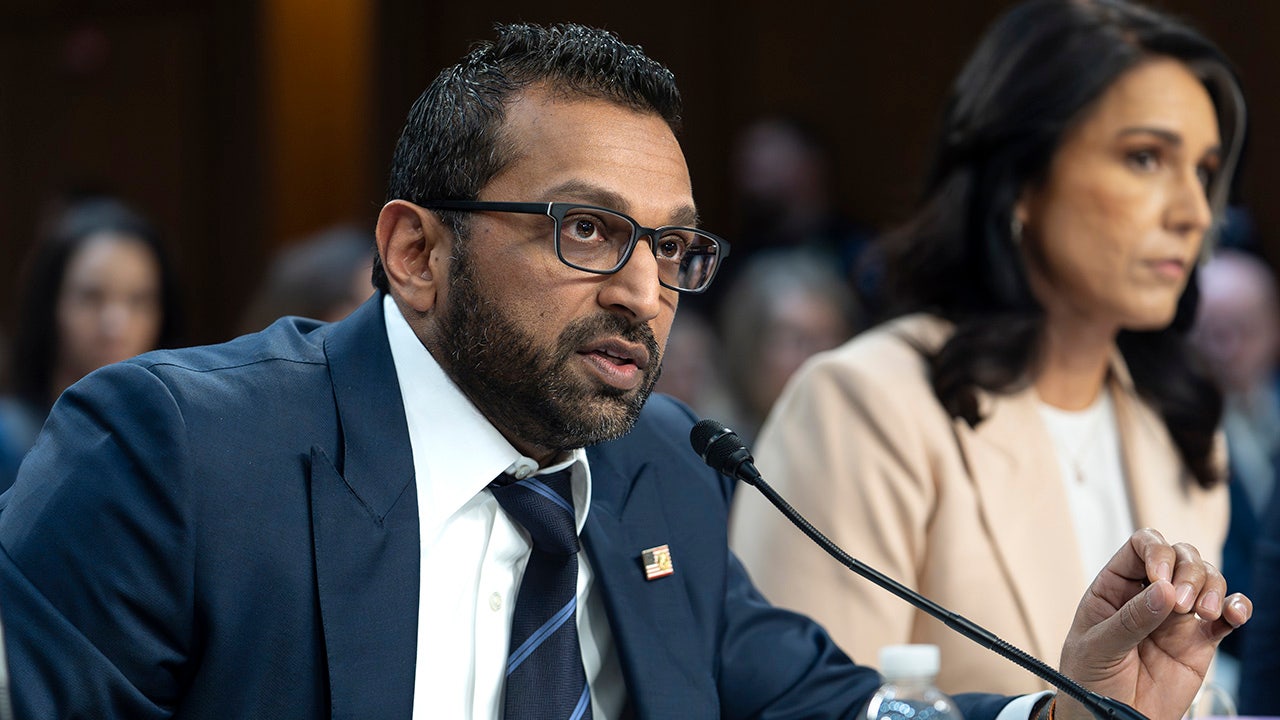Donald Trump’s sweeping tax cuts risk triggering a US debt reckoning, global investors have warned.
The US president’s proposals to make a series of tax cuts permanent would add trillions of dollars to an already “alarming debt trajectory”, the Institute of International Finance (IIF) said.
The IIF also cast doubt on claims that tariffs could compensate for lost revenues, as it warned extra levies could backfire by reducing revenues and raising inflation.
“Investor attention is likely to become increasingly focused on Treasury borrowing plans, which may shift unless new revenue sources are secured to finance the potential extension of the 2017 [tax cuts],” the organisation warned in its latest global debt monitor.
It warned that “further volatility is likely” in the coming months given that investors were increasingly betting against US debt.
Mr Trump is piling pressure on Congress to pass what he describes as “one big, beautiful bill” that will “save” 4.1m jobs and boost Americans’ take-home pay by up to $5,000 a year.
Republicans had initially wanted to finalise the bill by Memorial Day this month, but the deadline has since been extended to July 4, with Mr Trump’s 2017 package of cuts due to expire at the end of this year.
However, the IIF, which lobbies on behalf of the world’s top banks and financial services firms, warned that investors could shun the glut of US debt being issued by the Treasury unless Republicans came up with a credible plan to cut the deficit.
It warned that overall US debt would rise from 100pc of GDP to 130pc by 2034 if Mr Trump’s tax cuts were made permanent with no other offsetting revenues, implying an additional $7.2 trillion of extra borrowing over a decade.
“This alarming debt trajectory has been a key driver behind the US administration’s efforts to identify new revenue sources, including the introduction of tariffs,” the IIF said.
The lobby group said additional revenues from tariffs and savings from Elon Musk’s drive to slash the state would not even raise half this amount, despite claims from the Trump administration that they would generate $700bn a year.
Congress is also wrangling over spending cuts, including controversial reductions to Medicaid, which provides health insurance to people on low incomes.
“The anticipated surge in US Treasury issuance is likely to have a far-reaching effect on global debt and credit markets,” the IIF said, warning that the US could quickly find itself in a debt spiral.
“Such a sharp rise in the supply of US treasuries would put upward pressure on yields and significantly increase government interest expense, which already stands at 3.1pc of GDP.”
.png)
 German (DE)
German (DE)  English (US)
English (US)  Spanish (ES)
Spanish (ES)  French (FR)
French (FR)  Hindi (IN)
Hindi (IN)  Italian (IT)
Italian (IT)  Russian (RU)
Russian (RU) 








Comments